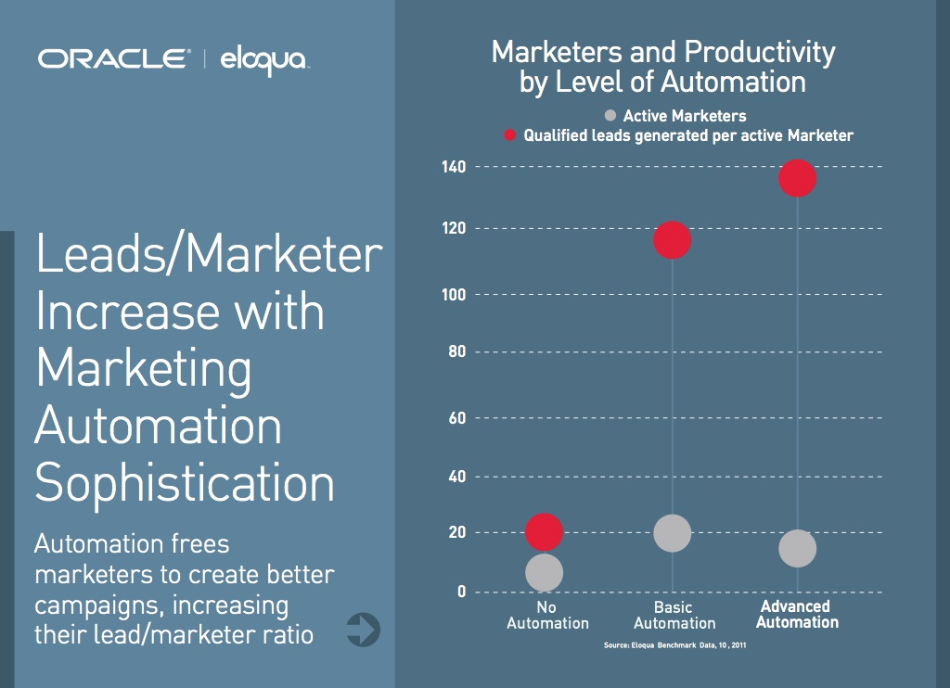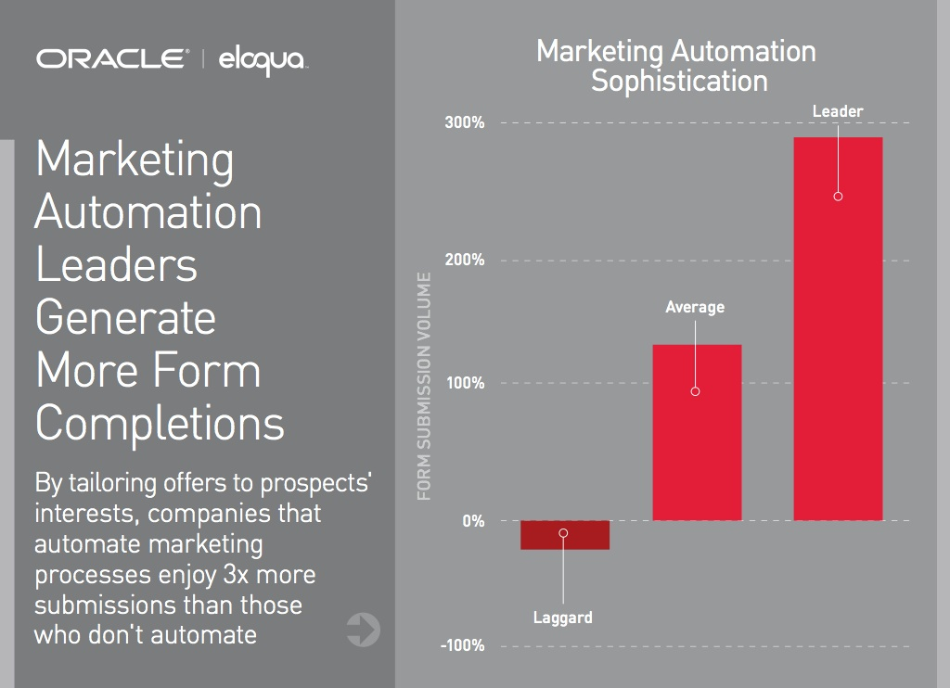By adaptive - February 12th, 2014

With corporations expanding their use of social media, can automation be used to leverage their assets and deliver real brand advocacy?
For corporations, social media has been somewhat of a double-edged sword. On the one hand these networks have delivered unprecedented insights into their customers desires, yet from a marketers perspective, these networks have proven to be a challenge, where multiple communications channels have had to be managed across sales and marketing. Ideally, some form of automation would enable these groups to develop new campaigns that they could roll out to relevant groups with the least amount of manual intervention.
Third Door Media in their overview of marketing automation systems state: “Marketing automation systems vary wildly in their approach to social media campaign integration. Most of the leading platforms provide some level of sharing and tracking for major networks such as Facebook, Twitter and LinkedIn. A few platforms are providing professional consultancy services to help customers manage their separate social media campaigns, or providing APIs to import data from their customers’ installed social monitoring tools. More advanced social media capabilities focus on direct integration of campaign management, including building forms and personalised ads within social media networks, and using social media sign on to capture and build lead profiles.”
With BtoB stating in their report into the use of marketing automation: “When marketers look at marketing from just five or 10 years ago, most companies were niche-focused, and with plenty of individual tools but little ability to get a complete picture of their market and campaign performance. Today, marketing demands that the modern marketer be thoroughly creative as always, but also tech and financially savvy. Marketers have to know strategy combined with a thorough understanding of marketing technology, allowing them to derive a strong return on marketing spend, and to drive increased revenue.”
Many corporations will have looked to their existing CRM systems as a means to manage and automate to a degree, the social media networks they now maintain a presence across. Corporations that want to expand their leverage of social media across their organisations quickly see that their CRM platform is limited. Marketing automation systems offer an evolution of CRM to embrace social media and deliver the next generation tools that markers now need.
“From a functional perspective, CRM systems typically do not provide functionality for things like email marketing, prospect behaviour tracking, and marketing program management,” says Marketo in their overview of marketing automation systems. “And it’s true that many CRM systems can be customized to handle things like automated campaign flows, lead scoring, and de-duplication. But it’s hard.
“In the end, marketing automation systems focus on the needs of the marketing department in a way that CRM simply cannot, while CRM provides a must-have solution to the sales department (as well as many others). Most importantly, given the advanced integration capabilities of today’s platforms, the two categories of technology are designed to work together in a way that was never possible before. Both systems are necessary, and it’s necessary to understand what each one does for you – and what it doesn’t.”
What is clear is that a new breed of automation platform is needed in order for all marketing channels to be not only managed, but also integrated together. Where email, SEO, in-bound marketing and social media have been handled in isolation, today it is vital to design campaigns that use all these channels, as consumers themselves access these messages over multiple channels on a variety of devices. Marketing automation systems offer platforms to automate many of the key features of these messages to free marketers to concentrate on developing compelling communications that is engaging and highly sharable.
The transition from CRM solutions to marketing automation that delivers a more multifaceted approach and toolset for all marketers will be an evolution and not a revolution. As Ovum concluded: “Marketing automation decision-making and procurements can be complex, involving many different internal stakeholders and in-depth evaluations of vendors and their products and services. Marketing automation products are still evolving fast, and it is essential to take a forward-thinking strategic view that will intercept future market developments, rather than conduct a short-term ‘features and functions’ evaluation that may result in a sub-optimal solution in the medium and long term.”
Social media has transformed marketing. The multichannel approach that is now essential to reach ready and waiting customers presents a number of challenges that marketing automation systems seek to resolve. Currently we have first generation platforms that build on CRM functionality. For corporations automating at least some elements of their marketing will become vital in the short-term if their enterprises are to remain sustainable and vital in their market sectors. Testing marketing automation now is a critical first step that all corporations should have on their marketing development roadmap.


